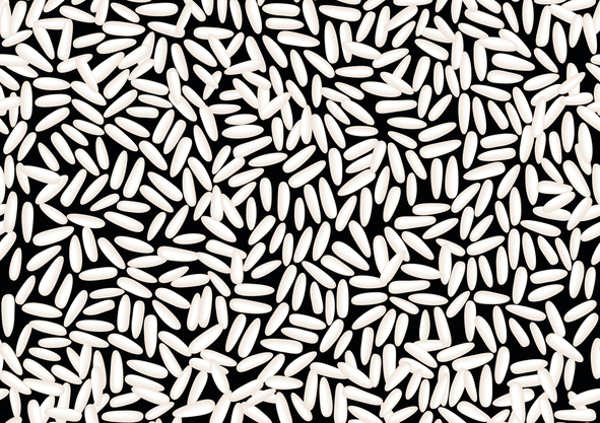The international seed industry applauds IPPC for adopting a seed-specific International Standard for Phytosanitary Measures. The International Seed Federation celebrates but sets its focus on what needs to happen for successful implementation
An initiative the global seed industry has been working toward for nearly a decade finally came to fruition April 6 when the International Plant Protection Convention (IPPC) adopted a new International Standard for Phytosanitary Measures (ISPM).
“The International Seed Federation greatly welcomes the agreement as a significant step toward harmonized phytosanitary measures that will facilitate the international movement of seed,” says Michael Keller, International Seed Federation (ISF) secretary general. “This is essential for the development of new plant varieties, and the availability of pest-free, high-quality seed, which is a major pre-condition of global food security.”
A seed-specific ISPM is important because there are certain aspects of international seed movement that differ from the movement of other plants or plant products, says Dennis Johnson, ISF seed health manager.
“For example, if this is not taken into account by a National Plant Protection Organization (NPPO) when performing a Pest Risk Analysis, the resulting risk assessment and final phytosanitary measures put in place might not be scientifically justified,” he explains. “Having a seed-specific ISPM provides guidance to NPPOs on a number of issues specific to seed to allow for science-based, harmonized measures to be established.”
Moving Forward
Now that the ISPM has been formally adopted, there will be an 18-month adoption period when the IPPC’s 183 member countries are responsible for implementing the new standard.
Johnson says it’s important for national seed associations to engage and work closely with their NPPO during this time.
To help, he says ISF has prepared materials and a training guide for national seed associations to use. The training guide provides an overview of the IPPC and ISPMs as well as a detailed look at the new ISPM. Johnson adds that it also describes the challenges faced by the seed industry along with an explanation of how the guidance in the new standard provides possible solutions for those situations.
“For the ISPM to have a positive impact, it’s imperative that the implementation of the new standard be harmonized from country to country,” Johnson says. “If NPPOs adopt the guidance in a varying manner, then the seed industry may end up with new challenges and redundancies when moving seed internationally. At ISF, we are working to coordinate outreach efforts and to work with national seed associations for a harmonized approach.”
The first outreach effort will be May 25 as part of ISF’s 2017 World Seed Congress in Budapest, Hungary. The workshop, “The International Movement of Seed — You can Make a Difference,” will provide attendees with an introduction to the IPPC and the role of the ISPMs, as well as a description of the elements that comprise the new standard. For additional information, visit www.worldseed.org.













